
High Bay Led Bulbs
High Bay LED bulbs represent a pinnacle in the evolution of lighting solutions, particularly designed for environments that demand high-efficiency, robust illumination over extensive areas. These sophisticated lighting units are tailored for lofty spaces, commonly found within warehouses, manufacturing facilities, and large retail venues where the distance between the floor and ceiling can significantly challenge the effectiveness of conventional lighting. High Bay LED bulbs have garnered acclaim for their remarkable ability to provide superior brightness, ensuring that every nook and cranny of a vast space is well-lit, fostering a safer and more productive work environment. Furthermore, the category of High Bay LED bulbs is distinguished not only by their exceptional luminosity but also by their energy efficiency and longevity. These qualities make them an economically and environmentally sustainable choice, reducing both energy consumption and the frequency of replacements. The innovative design of High Bay LED bulbs supports a variety of beam angles, allowing for targeted illumination that enhances visibility and detail clarity, which is crucial in many industrial and commercial settings. Investing in High Bay LED bulbs represents a commitment to superior lighting quality that supports safety, productivity, and sustainability. Customers exploring this category can anticipate finding a selection of High Bay LED bulbs that promise to meet the rigorous demands of high ceiling environments, delivering on both performance and reliability. With a focus on robust construction, these bulbs offer a formidable solution to lighting challenges, ensuring that every space is adequately illuminated with light that closely mimics natural daylight. This makes High Bay LED bulbs an indispensable component in crafting well-lit, efficient, and comfortable spaces for work and commerce.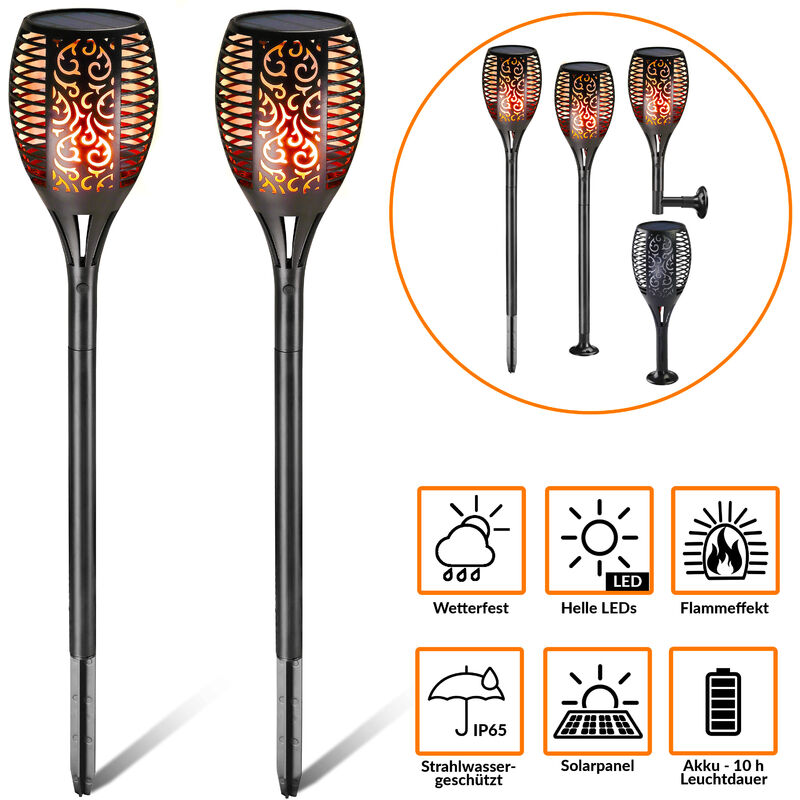
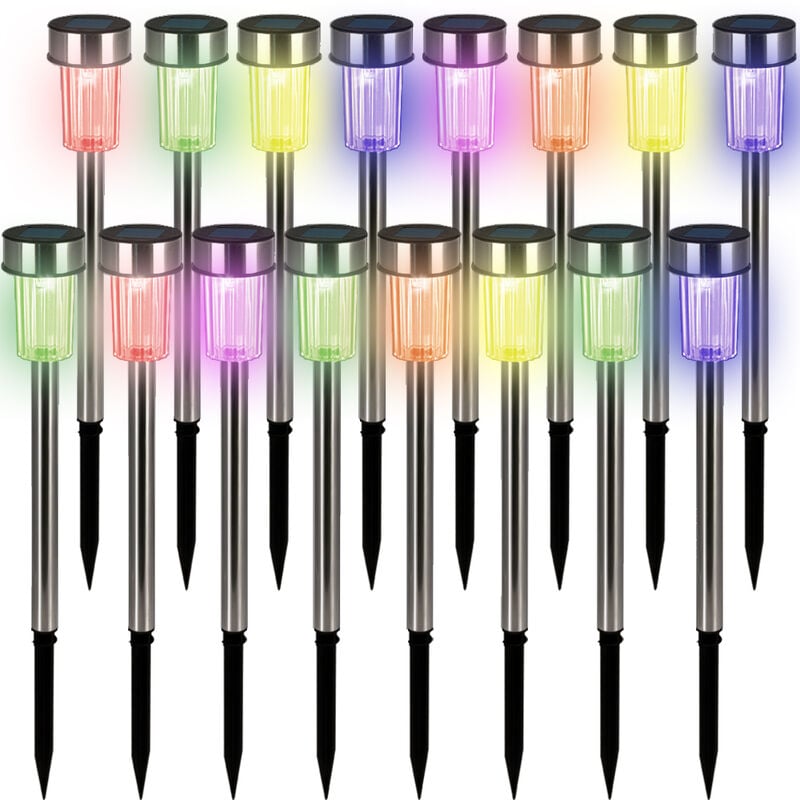
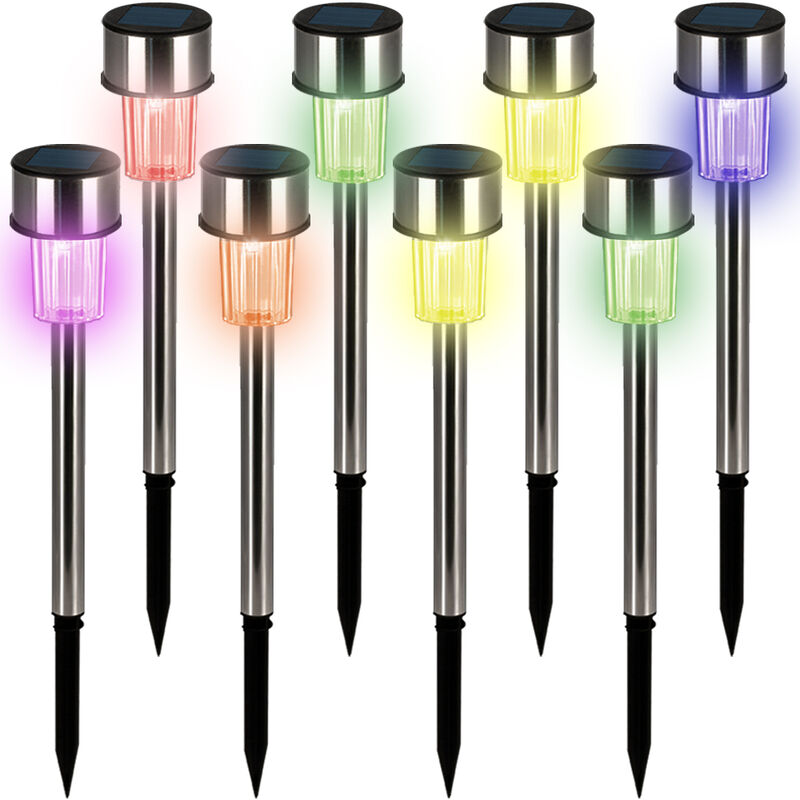
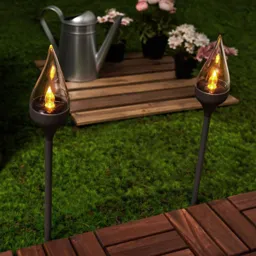
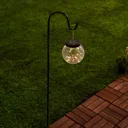
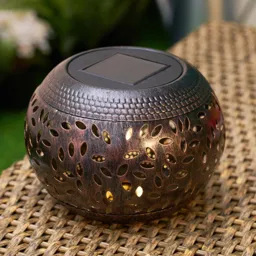
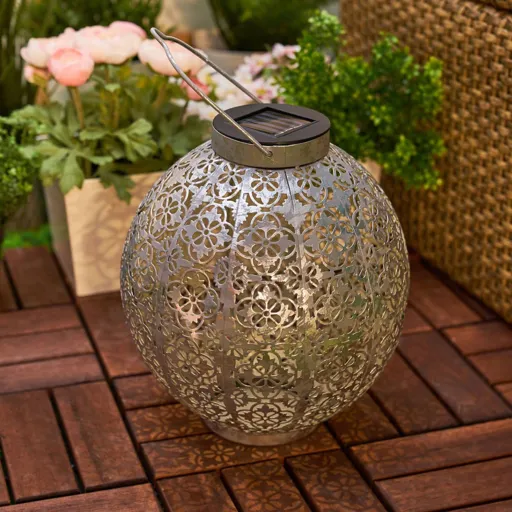
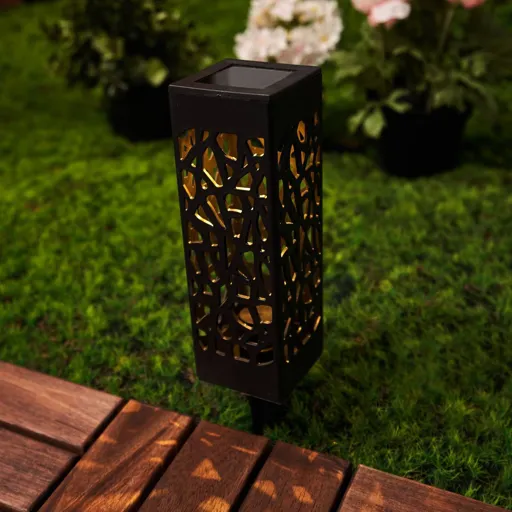

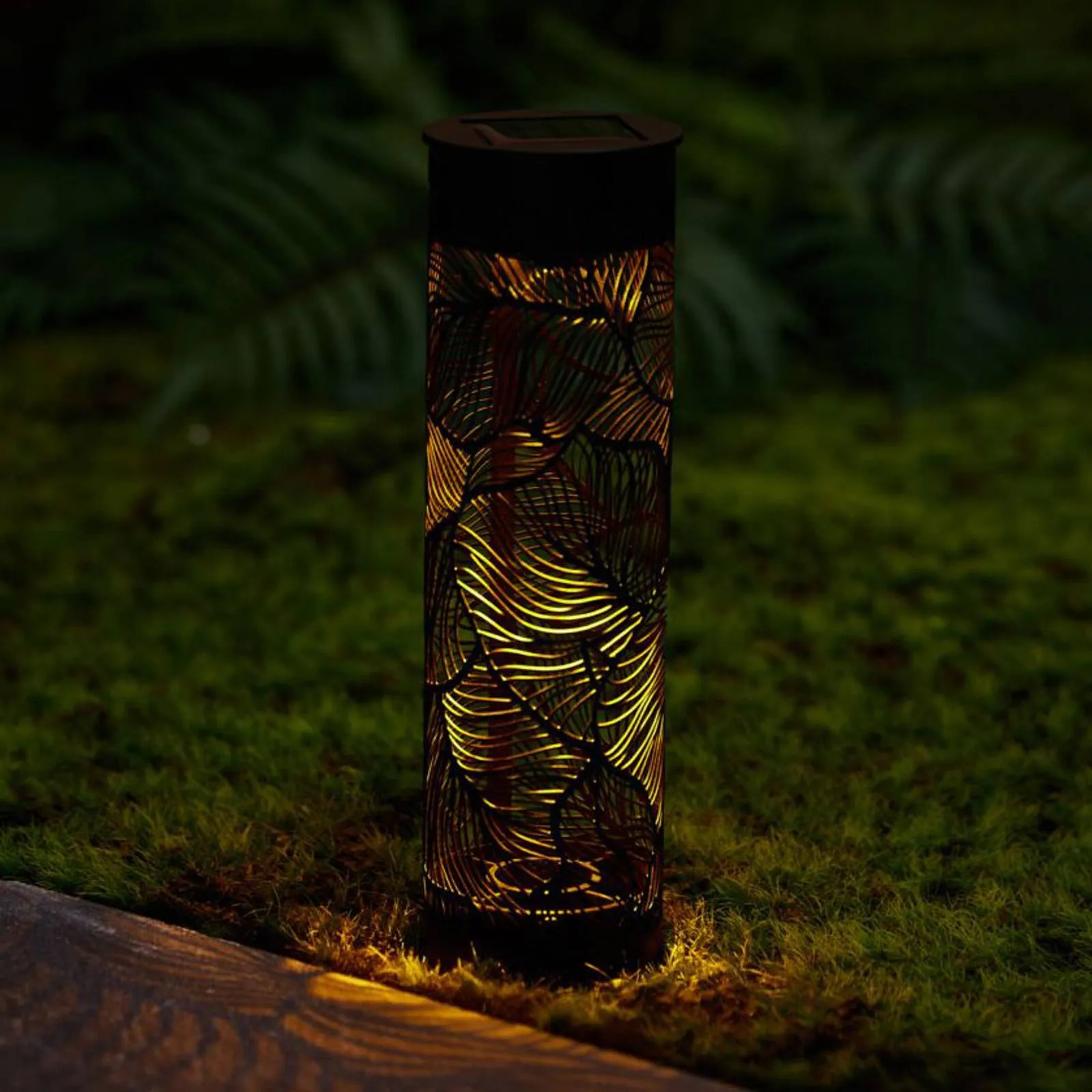
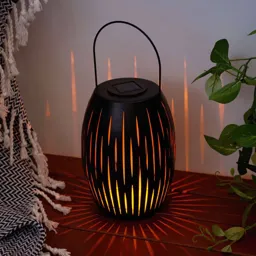
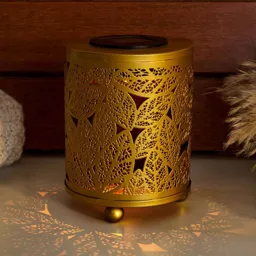
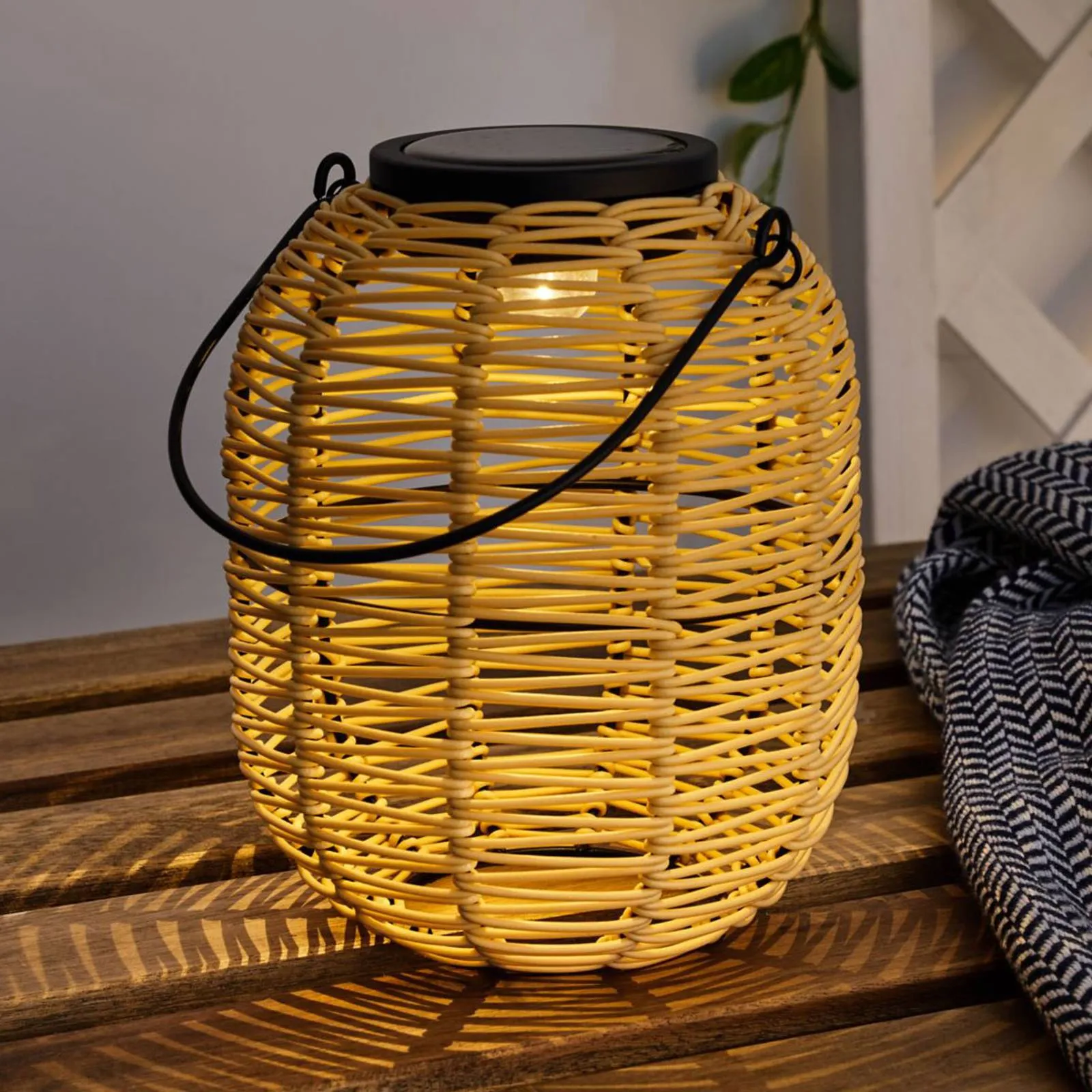
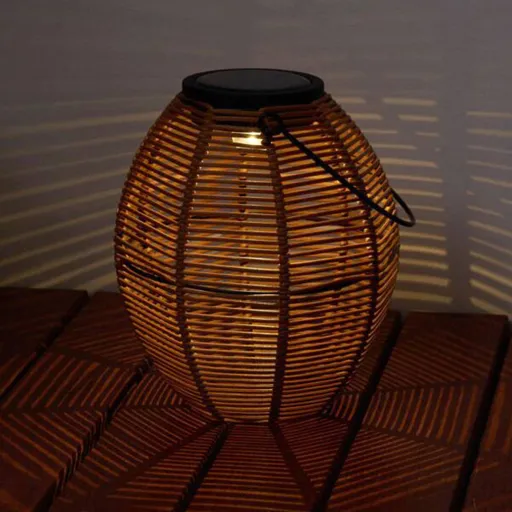
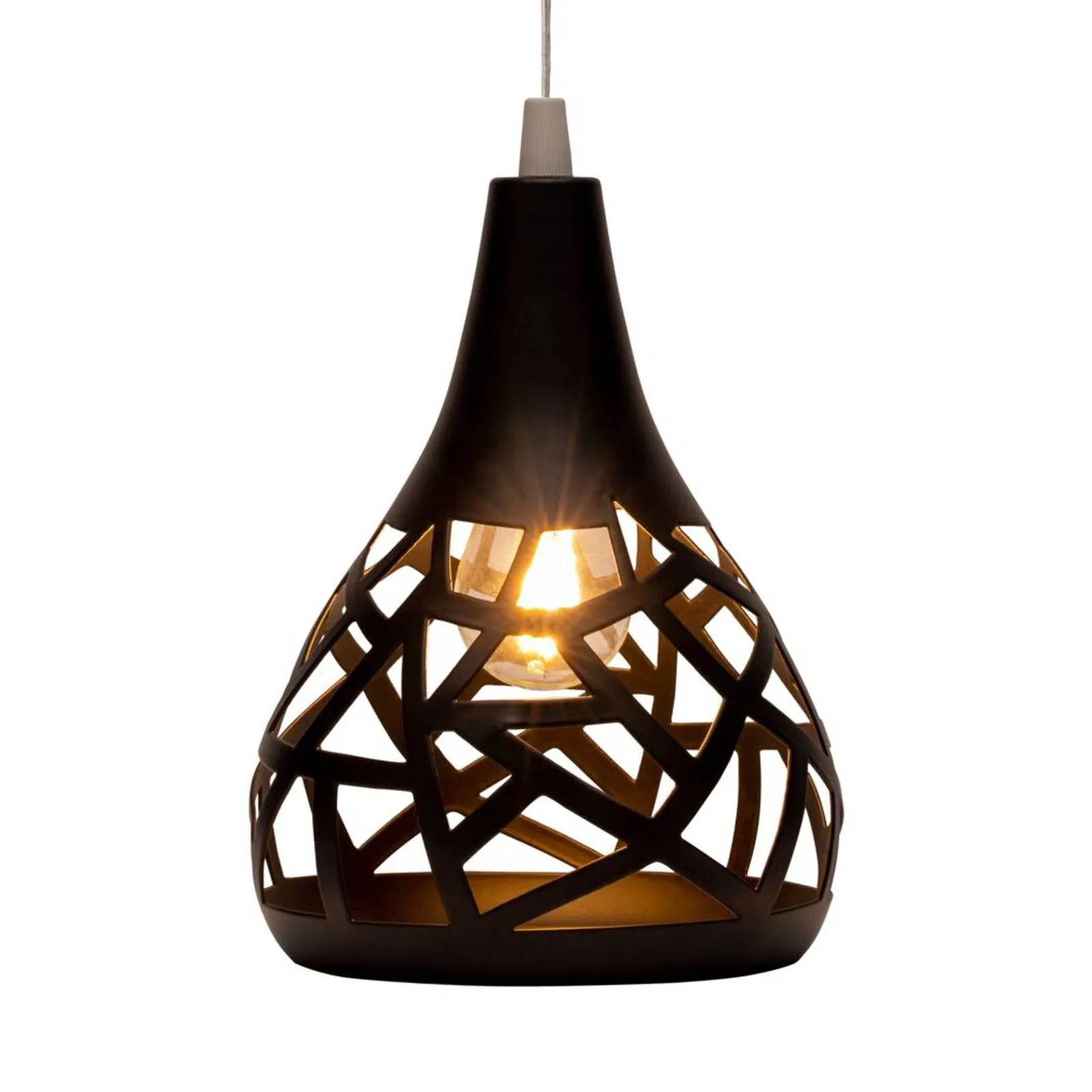
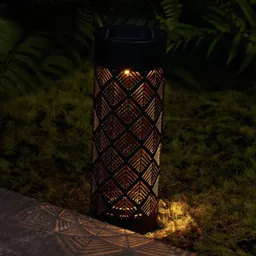
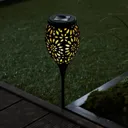

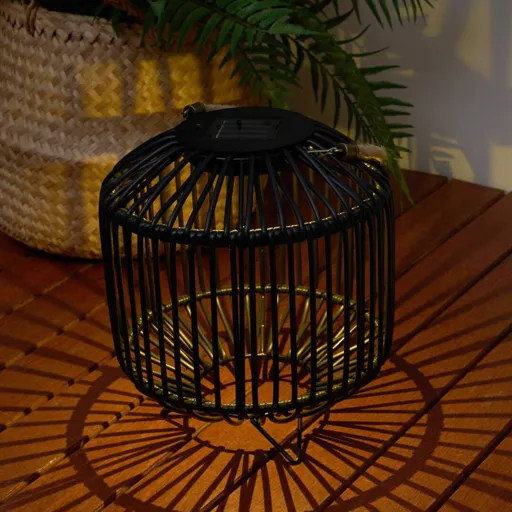
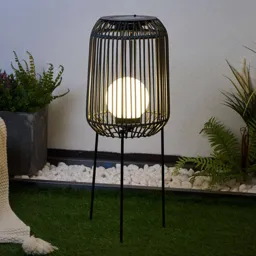
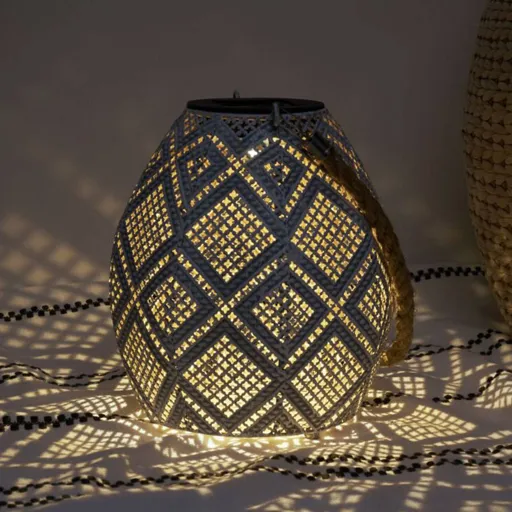
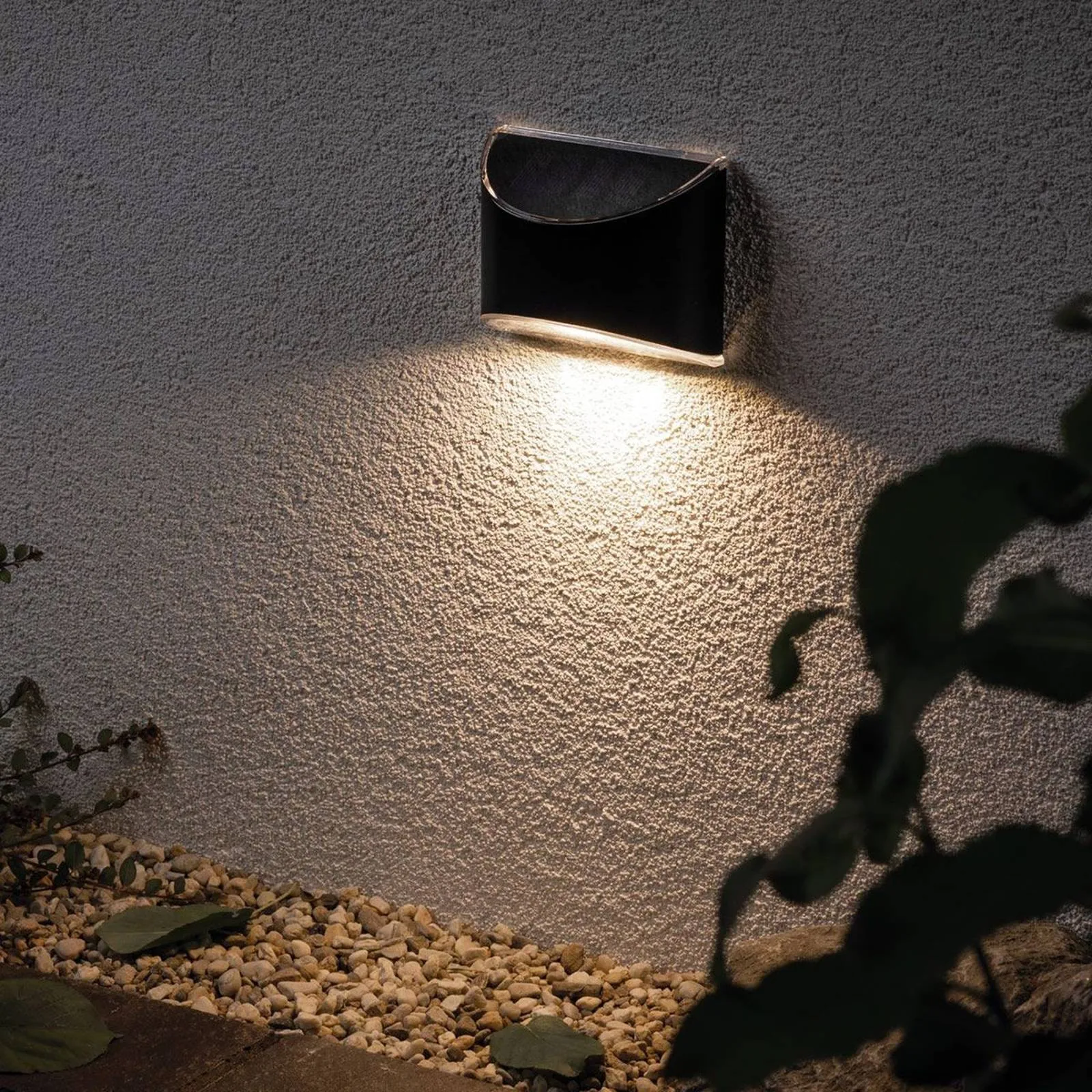
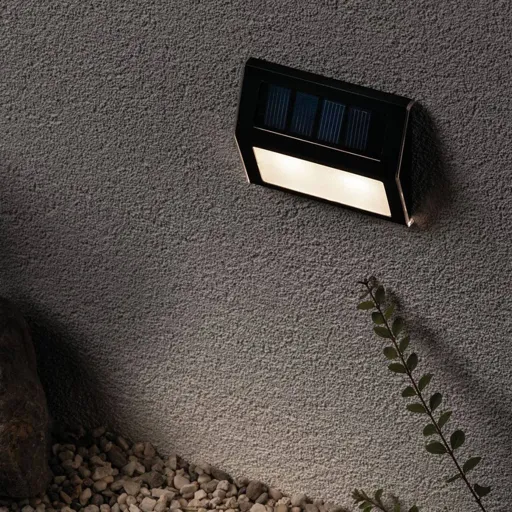
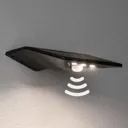
All you need to know about outdoor solar lights
Outdoor solar lights have become increasingly popular over the years due to their practicality and environmental benefits. These lights utilize solar energy to power their LED bulbs, eliminating the need for electricity and reducing energy consumption. Not only are they cost-effective, but they are also easy to install and require little maintenance. Outdoor solar lights come in a variety of styles, from pathway lights to string lights, and are perfect for illuminating gardens, patios, and walkways. In this blog post, we will explore the benefits of outdoor solar lights, different types of solar lights available, and how to choose the right solar light for your outdoor space.

What are the best outdoor solar lights?
Factors to consider when choosing the best outdoor solar lights for your needs:
- Brightness: Look for solar lights that have a high lumen output to ensure they provide adequate illumination for your outdoor space.
- Battery life: Choose solar lights with longer battery life so they can stay lit for a longer period of time.
- Weather resistance: Outdoor solar lights should be able to withstand different weather conditions such as rain, snow, and extreme temperatures.
- Type of solar light: There are different types of solar lights such as pathway lights, spotlights, and string lights. Consider which type of solar light would best suit your needs and preferences.
- Price: Solar lights come in a range of prices, so it's important to consider your budget when making a decision.
Some popular and highly rated outdoor solar light brands include Asupermall, BetterLifeGB, and Briday. It's recommended to read reviews and compare features before making a purchase.
How long do outdoor solar lights last?
The lifespan of outdoor solar lights varies depending on factors such as the quality of the product, usage, and weather conditions. Generally, well-made and well-maintained outdoor solar lights can last anywhere from 2-5 years or more.
One of the key components of an outdoor solar light is the rechargeable battery, which typically has a lifespan of around 2-3 years. When the battery reaches the end of its lifespan, it can be replaced to extend the life of the solar light.

It's important to note that the solar panel on the outdoor solar light also plays a significant role in its lifespan. Exposure to direct sunlight and regular cleaning of the solar panel can help to maintain its efficiency and prolong the life of the solar light.
Regular maintenance such as cleaning the solar panel and ensuring the battery is charged can also help to extend the life of outdoor solar lights. Additionally, storing solar lights indoors during the winter months can help to prevent damage from freezing temperatures and moisture.
Is it OK to leave solar lights out in the winter?
It is generally safe to leave outdoor solar lights out during the winter, but it is recommended to take some precautions to ensure their longevity and functionality. Here are some tips for leaving your solar lights out during the winter:
- Check the weather rating: Make sure the solar lights you purchase are rated for the winter conditions in your area, including temperature and moisture.
- Remove snow and debris: Make sure to clear any snow or debris that accumulates on the solar panels or lights to ensure maximum exposure to sunlight and prevent damage.
- Position the lights correctly: Position the solar lights in a way that allows for maximum exposure to sunlight during the day. This will ensure that the batteries are charged properly and that the lights will function as intended.
- Store lights in extreme weather: If you are experiencing extreme weather conditions such as a snowstorm, it may be best to store the solar lights indoors until the weather improves to prevent damage.
Overall, outdoor solar lights can withstand the winter weather if they are properly maintained and positioned. However, taking some extra precautions can help to prolong their lifespan and ensure they function properly when you need them.

How do I choose a good solar light?
Choosing a good solar light can be overwhelming due to the variety of options available in the market. Here are some factors to consider when selecting a good solar light:
- Brightness: Consider the brightness of the light, which is measured in lumens. Choose a solar light with a lumen output that suits your needs.
- Battery life: Look for solar lights with a long battery life to ensure that they stay illuminated throughout the night.
- Charging time: Check the charging time of the solar light to ensure that it charges quickly and efficiently.
- Weather resistance: Choose a solar light that is weather-resistant and can withstand various weather conditions.
- Type of solar light: Decide which type of solar light you need, such as pathway lights, spotlights, or string lights.
- Price: Consider your budget when choosing a solar light. More expensive solar lights may offer additional features or higher quality materials, but there are also affordable options available.
- Customer reviews: Read customer reviews to see what others have to say about the solar light you are interested in. This can give you an idea of the quality and performance of the product.
By considering these factors, you can choose a good solar light that suits your needs and preferences.
Do solar lights need direct sunlight?
Yes, solar lights need direct sunlight to function properly. Solar lights work by converting sunlight into electricity that charges the batteries during the day. This stored energy is then used to power the light at night.
If the solar panel on the light does not receive enough direct sunlight, the battery may not be fully charged, which can result in dimmer light or a shorter lifespan for the battery.
Therefore, it's important to position solar lights in a location that receives direct sunlight for at least six to eight hours per day. If there are obstructions that block the sunlight, such as trees or buildings, it can reduce the effectiveness of the solar panel.
In addition, regular cleaning of the solar panel can help to maintain its efficiency and ensure that the battery is charged to its full potential.